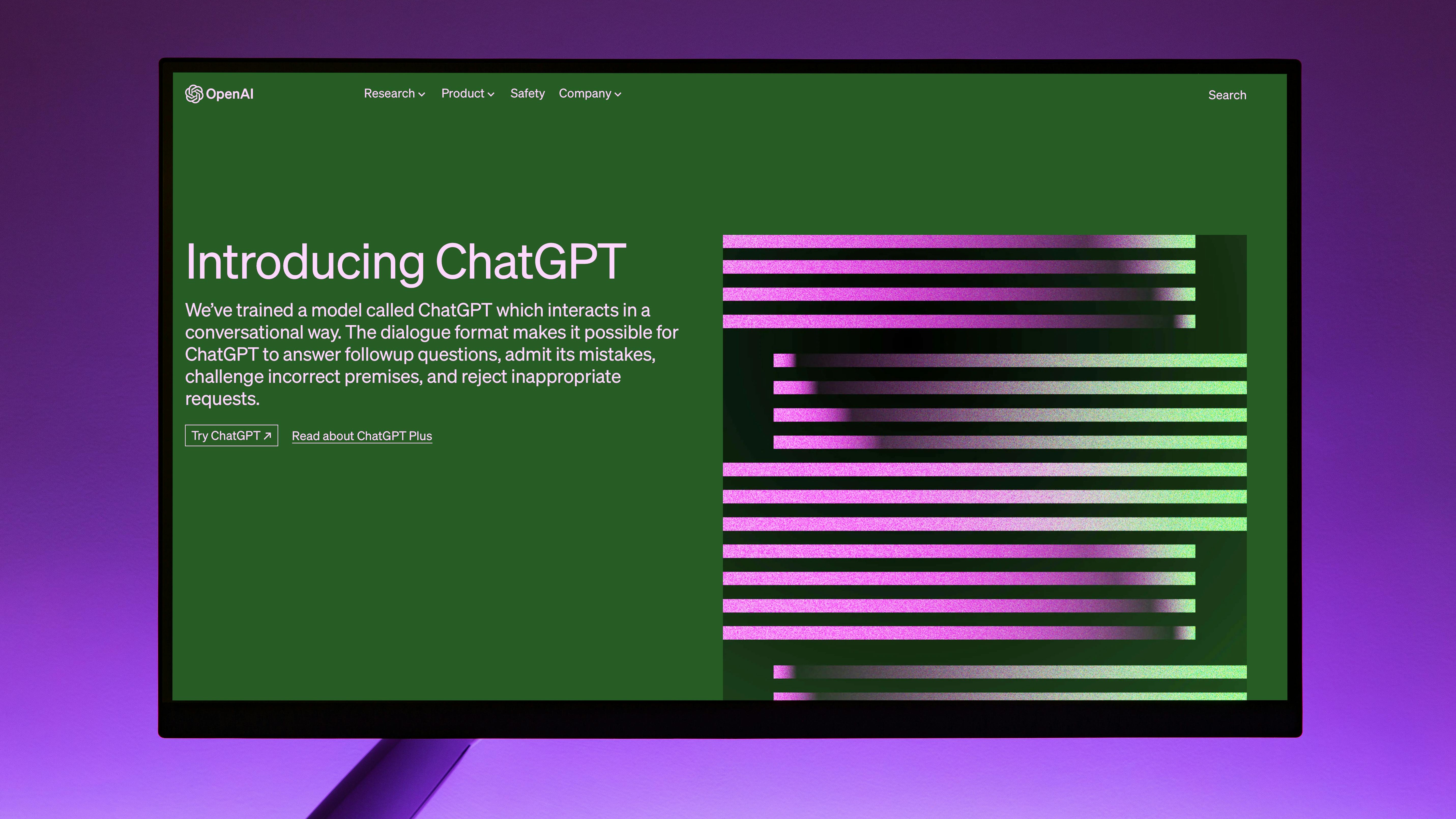
Navigating the AI Job Market: A New Era for Recruitment
The integration of artificial intelligence (AI) in recruitment is accelerating, reflecting a profound shift in how employers evaluate candidates. Recent findings underscore that 65% of job seekers now incorporate AI into their job searches, raising concerns about the authenticity of their qualifications.
Understanding the Risks of AI in Candidate Assessment
Experts like Dr. Serena Huang highlight the risks: AI can generate original content that obscures a candidate's true abilities. This reality poses a significant challenge for employers who must differentiate between genuine talent and AI-enhanced facades. Hiten Sheth of Gartner warns that 84% of recruiters have encountered some form of candidate fraud, including falsified applications and identity mismatches. This growing trend emphasizes the need for vigilance among HR leaders.
Technical Roles Under Pressure: AI Cheating in Coding Tests
The significance of these issues is magnified in technical fields. Reports indicate that over 80% of candidates from specific regions may be using AI tools for coding assessments, a trend that poses serious implications for hiring integrity. The alarming detection rate of cheating, up five-fold over two years, showcases a pressing need to recalibrate recruitment strategies to maintain fairness in candidate evaluation.
Striking a Balance: AI as a Preparation Tool
While caution is necessary, there's a recognition that AI can serve a legitimate purpose in preparing candidates for interviews. The challenge lies in finding the balance between leveraging technology for improvement and ensuring that it does not undermine the authenticity and effectiveness of the hiring process.
Forward-Looking Strategies for Effective Hiring
The evolution of recruitment practices necessitates proactive measures from CHROs, Chief People Officers, and VPs of Talent and HR. Emphasizing critical thinking, practical assessments, and face-to-face interviews can help to identify true proficiency in candidates. As we move deeper into a tech-imbued hiring landscape, the strategies companies adopt will define the future landscape of talent acquisition.
As leaders in talent management, understanding these dynamics and adapting your recruitment tactics can help you build teams that thrive on integrity and capability. Empower your hiring processes with insightful strategies to ensure your organization remains a leader in performance and innovation.
 Add Row
Add Row  Add
Add 




Write A Comment